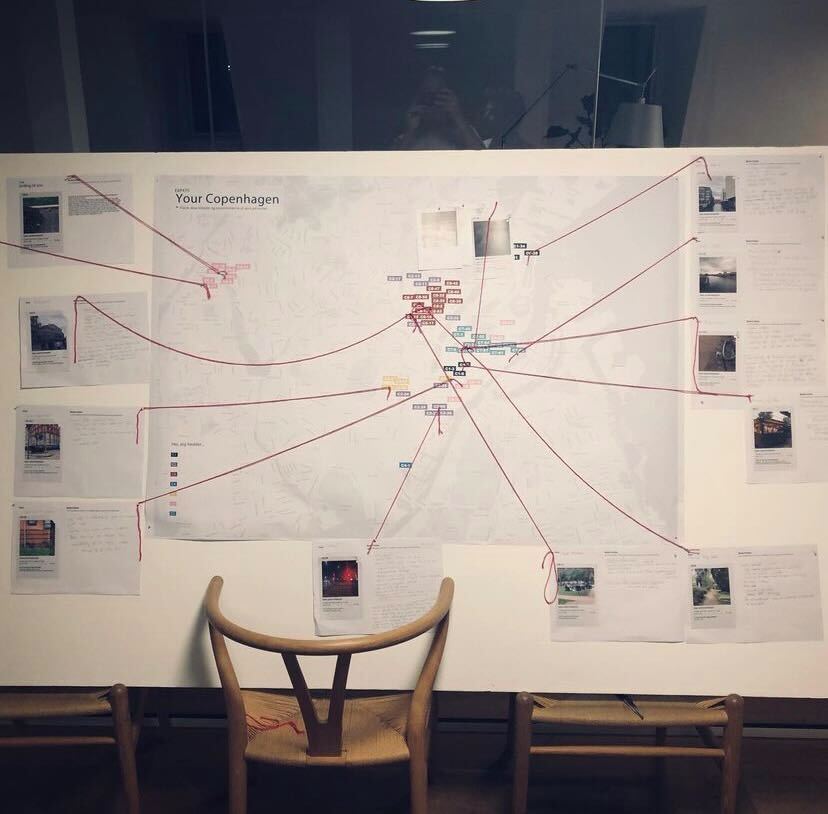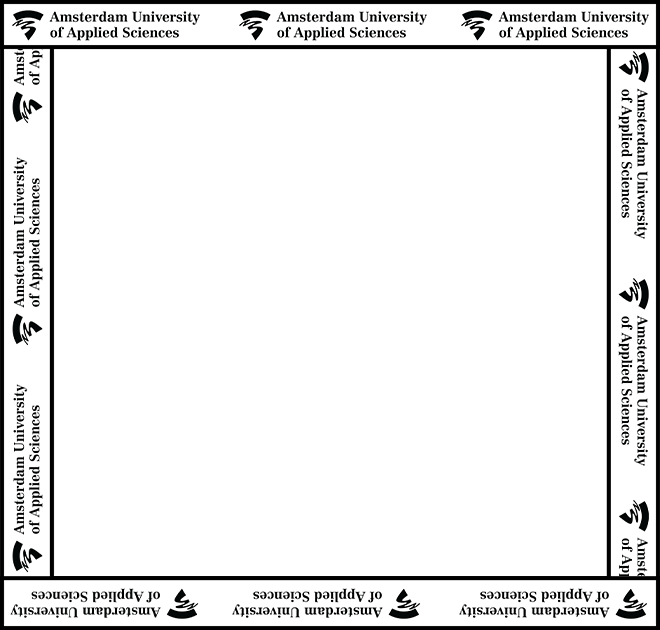What makes you feel that you belong in the city?
When addressing diversity in urban planning and urban policy there is a tendency to look at social issues in isolated ways. But identities are complex, intricate and interwoven. If someone is for instance both gay and disabled, their urban experience might be a lot different from people who are queer and able-bodied, or heterosexual and disabled. To understand these intersections this research folds into it Data Feminism; practices of intersectional feminist theory and critique.
First, participatory methods rethink citizen engagement as a process, redefining who is invited to the conversation and suggesting alternative and more sensitive ways of engaging under represented communities. Second, the way that data is used to tell stories about people’s urban experiences is redesigned. It is also crucial that the binary pink-and-blue gender diagrams are replaced, and a more nuanced data visualisation language is introduced that captures the intersectional complexity of social issues.
To do so, this research experiments with making maps and visualisations that break hierarchies, challenge binaries and exposes power dynamics that shape feelings of belonging in cities.
This research is apart of the Urban Belonging project initiated in 2021 by a collective of planners and scholars in Copenhagen with the ambition of mapping lived experiences of under-represented communities in the city. Collaboration partners include Techno-Anthropology Lab, Service Design Lab at Aalborg University, Center for Digital Welfare at IT University of Copenhagen, and Gehl Architects.




 Back
Back